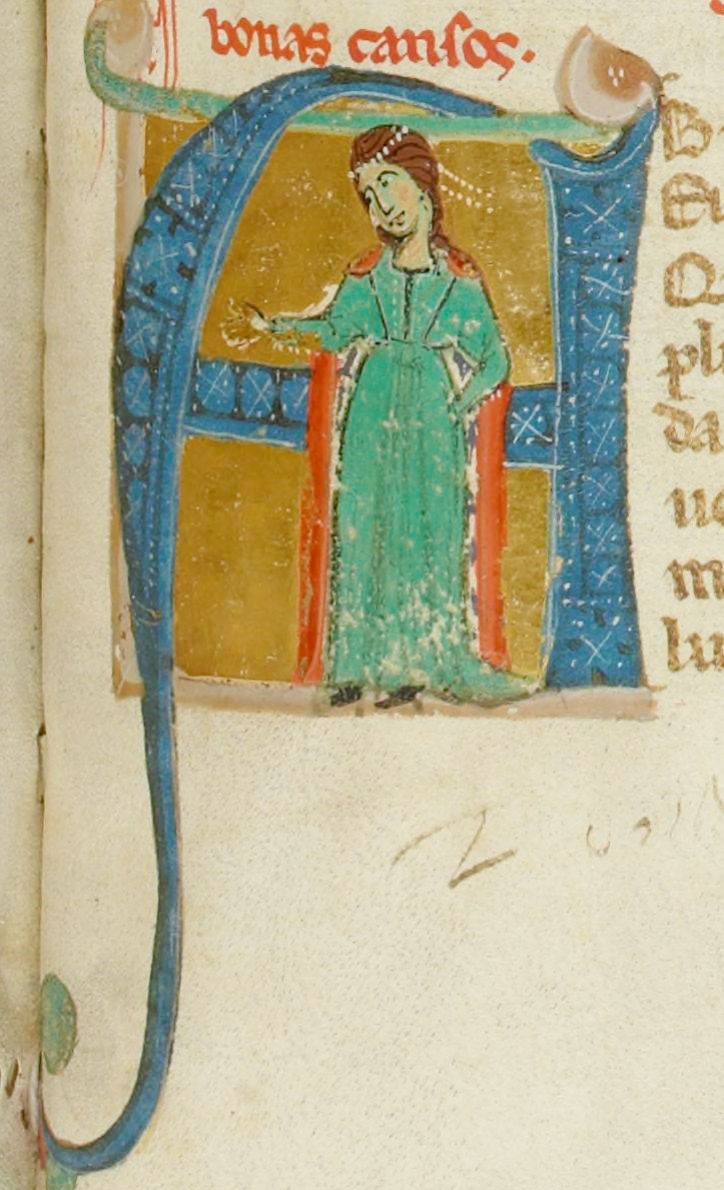Kierownik projektu: Michał Artur Sawczuk
Data rozpoczęcia realizacji projektu: 2018-09-28
Termin zakończenia: 2023-09-27
Program "Diamentowy Grant"; konkurs 47
The project aims to study the categories of femininity and masculinity and a relation between them in medieval Occitan women's poetry in 12th and 13th century called trobairitz poetry. The research envisages at first the translation of textual corpus from Old Occitan to Polish followed by a developed study on medieval Occitan women's poetry using several analytic and interpretative approaches. Then, the field of research will be enlarged by the aspect of masculinity through different perspectives. Afterwards, the research leads to the analysis of a category of woman author in the large context of Western European medieval culture and its tradition of women's writing. The project is concluded by a study on the trobairitz' references in prose and poetry of 20th and 21st century.
In terms of the methodology, the research will be conducted using three main perspectives: historical, critical and comparative. The historical phase will be executed on the basis of the philological material and the critical phase will be based on four main axes of interpretation: voice, body, gender and emotions. As for the comparative phase, the textual corpus will be compared with feminine romance medieval poetry as well as troubadour masculine lyrics. Thus, the interpretations of masculine and feminine phenomena will allow to answer the question: in which cases the masculine and the feminine in trobairitz poetry is universal and implied by a convention and when are they an authentic projection of a woman's or man's emotions and experiences?
The project will lead to the first study on trobairitz in Polish language as well as the first study on trobairitz worldwide using the proposed methodology and the question of the gender as the axis of interpretation.


